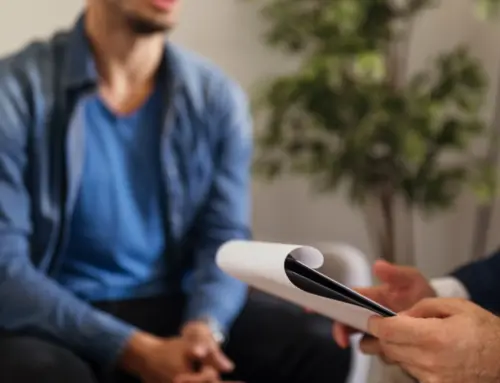Alcohol changes your behavior. We typically characterize this as a loss of inhibition. Researchers at the University ofMissouri-Columbia in the United States conducted a study on 147 undergraduates to find out how our personalities change when we drink. They surveyed friends of the participants to learn how the participants behaved differently when drunk. They described these changes in terms of the Big Five personality traits. It turns out that this general loss of inhibition is predictable and generally falls into one of four categories.
Hemingways.
These are people whose personalities don’t change much when they drink. Their conscientiousness and intellect were mostly unaffected. Surprisingly, Hemingways make up a plurality of drinkers, about 40 percent. The choice of name is perhaps problematic, since Hemingway suffered from both alcohol addiction and bipolar disorder, and eventually committed suicide. It could be that some Hemingways don’t show much personality change because they have a very high tolerance to alcohol, but it’s unlikely that alcohol dependence accounts for every Hemingway.
Mary Poppins
These are people who become especially cheerful and helpful when they drink. They show very little decrease in conscientiousness and intellect but a large increase in extraversion. They become more friendly and outgoing. These people tend to experience few alcohol-related problems.
Nutty Professors.
These are people who become most uninhibited when they drink. They may be typically shy and self-conscious, but when they’re drunk, they have the greatest increase in extroversion and the greatest decrease in conscientiousness. Thus, they show the most personality change overall.
Mr. Hydes.
These are the mean drunks. They show the greatest decreases in intellect and conscientiousness and the smallest increases in extroversion. Presumably, they also showed decreases in agreeableness. They are the most likely to experience negative consequences from drinking, such as getting in fights, blacking out, or getting arrested. Mr. Hyde type drinkers should quit drinking as soon as possible.
This study is fairly limited. It relies on surveys of white college students in the middle of the US. It doesn’t track participants to see who is most likely to develop an alcohol addiction later on. Still, it underscores how different we might become under the influence of alcohol. That change might be seductive, as in the case of the Nutty Professor, or dangerous, as in the case of Mr. Hyde.
Located in downtown Midland, The Springboard Center’s mission is to offer programs and services to treat alcohol and drug addiction treatment using an evidence based curriculum, 12 step programs, diet, nutrition, exercise, emotional, mental and spiritual development for a long recovery. For more information, please call us at 432-620-0255 as we are open 24 hours a day, 7 days a week.




